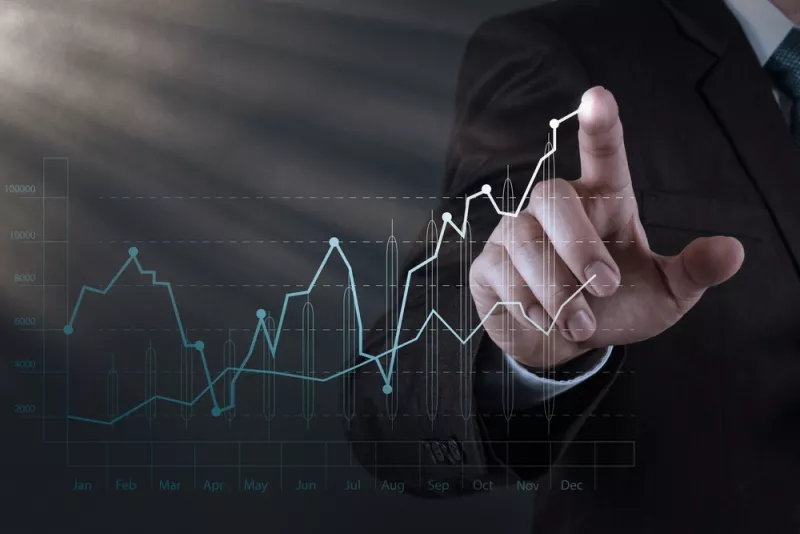One of the primary attractions of an applied economics master’s degree is the versatility. While graduates can follow the path into traditional economics roles in business, academics and public policy, they increasingly are getting jobs as data scientists and working to give individual companies a competitive advantage.
A Master of Science in Applied Economics can prove even more beneficial because of the focus on applying cutting-edge economic theories to real-world situations. Graduates leave the program armed with theoretical tools needed for economic analysis.
The Demand for Economists
The return on investment for becoming an economist is high. The demand for economists nationwide remains steady, with a projected 14% increase in the number of economist jobs by 2029, according to the U.S. Bureau of Labor Statistics (BLS). As of May 2020, the mean annual salary for economists nationwide was $120,880, according to the BLS. In Massachusetts, that number reached $111,550. Further, the Boston metropolitan area ranks fourth among metro areas nationwide in the number of economists employed.
Jobs for Applied Economics Degree Graduates
As the numbers above show, there are plenty of jobs for economists traditionally associated with the career field. As businesses expand into the global marketplace, the need for qualified economists to analyze and forecast business trends continues to grow.
Many economists work for bigger local governments, as well as at the state and federal level. The Federal Reserve alone has hundreds of economists on staff. Nonprofit organizations employ many economists. Those with a master’s degree also often move into academia or work for think tanks, many of them in the Washington area.
Analytics Teams
Amazon made news recently when CNN reported on the company’s “secret squad” of economists. The goal is to get a more precise measure of economic issues and how they may impact the company. This type of predictive work takes an enormous amount of data and skills in analysis. For example, the economists are taking the data from millions of Amazon transactions to measure inflation. The ability to analyze product descriptions and determine the quality of each helps to develop, in theory, a more accurate description of inflation, according to CNN. While what they do is secret, CNN learned that the economists use machine learning algorithms to “game out real estate decisions, set the lowest prices that will deliver a profit, precisely determine what customers care about and whether advertisements are working.” The company is now likely the second-highest employer of economists behind the federal government. Other companies are now following suit, especially in the tech industry.
Tech Companies
Economists need data to make projections. While they still use public data in their research, it is tech companies that have accumulated massive amounts of consumer data that they control. It’s not just Amazon that has hired economists, according to the Harvard Business Review. The list includes Google, Uber, Facebook, Microsoft and Airbnb.
For these companies, the attraction is easy to see. They have massive amounts of data. They need experts to analyze and extract value from it. What they learn can influence decisions within the company, leading to better results. For those with an economics master’s degree, this is an exciting avenue for your economics careers. Some experts predict more economists will work for tech firms than in public policy in the coming years.
As with many fields, innovations in technology have opened the door to new job opportunities for those who earn a graduate degree in applied economics. Earning your Master’s degree can help you decide which path is right for you.
